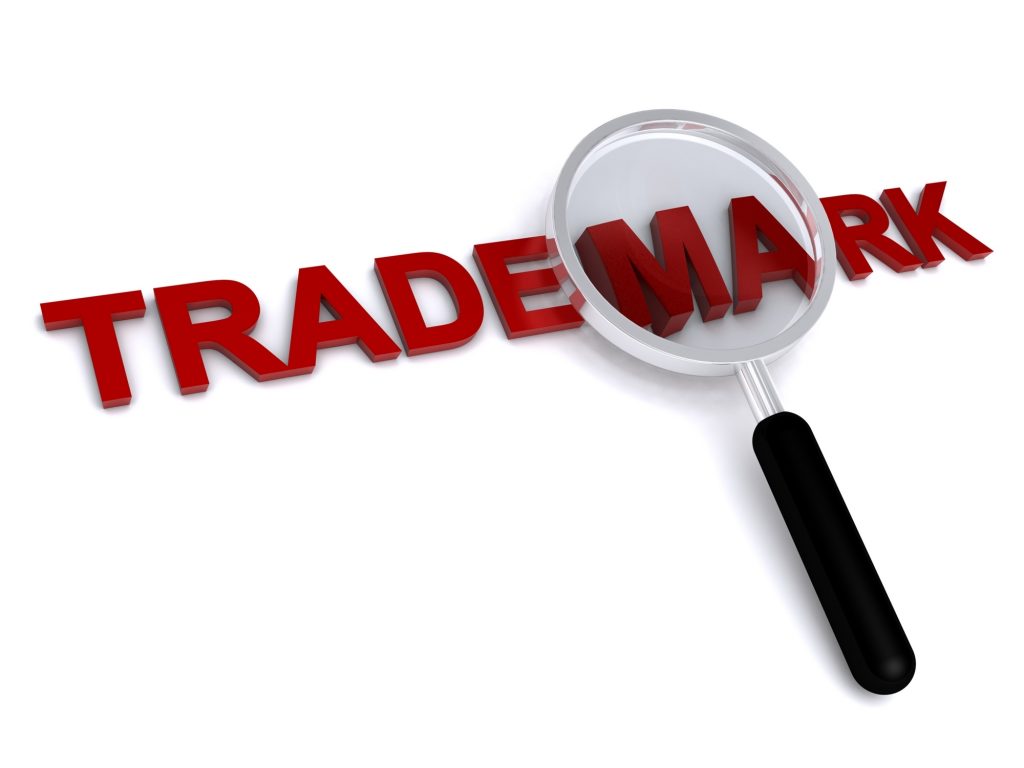
A well-thought-out and sure to succeed business idea can make or break any company or service that the person who came up with specializes in. After all, it takes just a simple idea to pave the way for success and ensure your business stands out from its competitors.
In this day and age, with so many brilliant ideas blooming overnight, everybody is looking for the next one to increase their startups or organizations’ longevity. Whether you are a small business owner who has been sitting on a groundbreaking realization or a struggling entrepreneur who thinks that they have struck gold with their latest epiphany, you need to learn how to protect it.
According to a report, there are approximately 5000 copyright infringements taking place annually, with the number wavering slightly. If businesses or individuals do not have their documentation in place, providing proof at a hearing can be quite challenging. Here are a couple of steps to assist people when it comes to safeguarding their idea.
It is common to take the legal route.
In the business world, intellectual property ideas are everything and can make or break an organization. Over the past two decades, the total number of intellectual property cases filed in the US courts has increased dramatically. An idea crops up because of creativity and an individual’s intellect, so it’s no surprise why it is the most prized possession for those who thought of it and the most coveted for those who compete with you.
Given the importance that an idea holds, individuals go out of their way to safeguard their money-making idea. There have been so many stories of lawsuits between businesses over intellectual property infringement across the last decade. Many business segments of websites and newspapers talk about how one person or business takes legal action against another because of a stolen idea. The party that wins the case all boils down to who has legally protected their idea in the best way possible.
Legal steps businesses can take

Federal or state registrations are the wisest ways to officially and formally own an idea. There are three main areas, namely copyrights, patents and trademarks.
Copyrights
Copyright distinguishes your service, business or invention as your own so that your competitors cannot use it. You also obtain the freedom to transfer, license or assign the copyright to another. It gives the owner permission to pick how the public looks at their invention. A copyright is an exclusive legal right for an original work that includes imagery, writing, film or music. With a copyright, you can reproduce your work, prepare copies of it, distribute copies, display it on public platforms, and perform the work publicly.
Patents

Offered by the US Patent and Trademark Office (USPTO), patents ensure you obtain a license to make, use or sell your invention for a certain amount of time. There are three kinds of patents.
● Design patents safeguard what the invention looks like.
● Utility patents preserve how the invention works.
● Plant patents protect and safeguard asexually reproduced plants that are discovered or invented.
While utility and plant patents are valid for 20 years, design patents last for 15 years from the date it comes into effect. The duration of a patient might vary from one country to another but for the most part, the rules stay the same. Additionally, Goldstein Patent Law shares that depending on the product or idea you’re patenting, you might need to obtain multiple types of patents. Be sure to connect with a lawyer to ensure you file for all necessary patents.
Trademarks

Remember, your business name is not a trademark, so be sure to register it. A trademark can be a design, logo, how you print a name, or even a jingle. It can also be a movement, shape, smell, or the fashion in which you pack a product. Only the person who registered and trademarked their product can use the license and sell the trademark.
To obtain the rights to a trademark, an applicant does not need to register it, although if they did, they would receive an added level of protection which is always beneficial. Based on the type of protection you require, you can choose to register your trademark with your state, the USPTO or both. There were a lot of companies that did not understand the trademarking process and faced issues in the past.
Non-disclosure agreements
Non-disclosure agreements work as a valuable protective measure, especially if you decide to collaborate with others on an invention. Signing an NDA means all parties agree not to divulge information or disclose your idea with any third party. Alternatively, there are also non-compete agreements that work along the lines of non-disclosure agreements. Only in the non-compete agreement can you obstruct any third party from starting a business that is similar to yours. You can use a non-compete agreement with a non-solicitation agreement to obstruct a third party from stealing your employees or clients or make the process that much more challenging.
Consult an experienced business law attorney

Have a business law attorney give you the information you require in the best way you can protect your invention. You need to know that just a mental idea of what you want to do with an invention cannot be protected. It is vital to have something solid in place, to begin with. If you are choosing to go in for patents, the attorney will assist with the process, making sure that you file for the correct one. They work to reduce all delays and interruptions because they are all well versed with the knowledge on how to protect an invention. When it comes to an NDA, your attorney can draft an agreement without an expiration date so that you are safeguarded in a better way.
With the changes taking place globally because of the pandemic and large numbers of people unemployed, companies were double-checking the people they were hiring. They had new rules like getting their applicants to provide a background check since they did not want to be hiring someone with a criminal record. All applicants could get a background check through various third-party apps, which would take a couple of weeks to provide them with the results.
There were various types of background checks, and depending on the job profiles and description of the job they were getting through, people had to handle varying background checks. Additionally, people could even get their reports through an online background check which was a lot easier. There were multiple third-party websites like crbdirect.org.uk where people could apply for a background check and they would assist with the process.
















